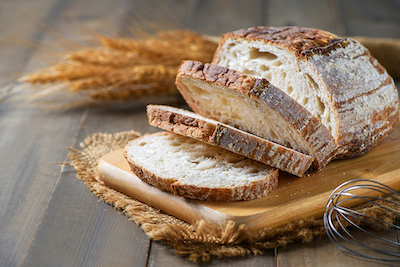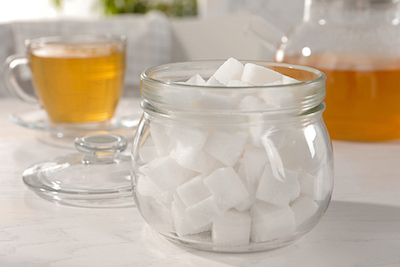Bread is a staple food that is consumed worldwide, and it comes in various forms, sizes, and flavors. One of the most debated topics surrounding bread is the comparison between white bread and brown bread. While some people prefer white bread because of its soft texture, others opt for brown bread because of its health benefits. In this article, we will discuss the differences between white bread and brown bread, their nutritional value, and the factors to consider when choosing between the two.
What is White Bread?
White bread is a type of bread that is made from wheat flour that has been refined and processed to remove the bran and germ, leaving only the endosperm. This process results in a soft, fluffy texture and a longer shelf life. White bread is often enriched with vitamins and minerals to compensate for the loss of nutrients during processing.
What is Brown Bread?
Brown bread, also known as whole wheat bread, is made from whole wheat flour that contains all the parts of the wheat kernel, including the bran, germ, and endosperm. This gives it a denser texture and a nuttier flavor than white bread. Brown bread is considered to be a healthier option because it contains more fiber, vitamins, and minerals than white bread.
Nutritional Differences
White bread and brown bread have different nutritional profiles. Brown bread is considered to be healthier than white bread because it contains more nutrients, including fiber, protein, and vitamins.
Fiber
Brown bread is a good source of fiber because it contains the bran and germ of the wheat kernel. Fiber is important for digestive health and can help reduce the risk of heart disease, diabetes, and some types of cancer. In contrast, white bread contains very little fiber because it has been processed to remove the bran and germ.
Protein
Brown bread contains more protein than white bread because it contains the whole wheat kernel. Protein is important for building and repairing tissues and maintaining muscle mass.
Vitamins and Minerals
Brown bread is a good source of vitamins and minerals, including vitamin E, vitamin B6, magnesium, and zinc. These nutrients are important for maintaining overall health and preventing chronic diseases. In contrast, white bread is often enriched with vitamins and minerals to compensate for the loss of nutrients during processing.
Calories and Carbohydrates
White bread and brown bread have similar calorie and carbohydrate content, but brown bread has a lower glycemic index than white bread. This means that brown bread causes a slower and more gradual rise in blood sugar levels than white bread.
Factors to Consider When Choosing Between White Bread and Brown Bread
When choosing between white bread and brown bread, there are several factors to consider, including taste preference, health benefits, and lifestyle factors.
Taste Preference
Taste is subjective, and some people may prefer the taste of white bread over brown bread, and vice versa. If you prefer the taste of white bread, it is important to choose a high-quality brand that is made with natural ingredients and does not contain added sugars or preservatives. Similarly, if you prefer the taste of brown bread, choose a high-quality brand that is made with whole wheat flour and does not contain added sugars or preservatives.
Health Benefits
If you are looking for a bread that is more nutritious, then brown bread is the better choice. Brown bread contains more fiber, protein, vitamins, and minerals than white bread. It can help improve digestion, reduce the risk of chronic diseases, and promote overall health and wellbeing.
Lifestyle Factors
Your lifestyle factors can also influence your choice between white bread and brown bread. If you have a busy lifestyle and prefer the convenience of pre-packaged bread, it is important to choose a high-quality brand that is made with natural ingredients and does not contain added sugars or preservatives. Similarly, if you have a gluten intolerance or sensitivity, it is important to choose a bread that is gluten-free, such as brown rice bread or quinoa bread.
So, which is best?
The debate between white bread and brown bread comes down to personal preference and nutritional value. While white bread is softer and has a longer shelf life, brown bread is considered to be healthier because it contains more fiber, protein, vitamins, and minerals. When choosing between the two, it is important to consider your taste preferences, health goals, and lifestyle factors. Whether you choose white bread or brown bread, it is essential to choose a high-quality brand that is made with natural ingredients and does not contain added sugars or preservatives. Ultimately, the best bread for you is the one that fits your dietary needs and tastes good.














